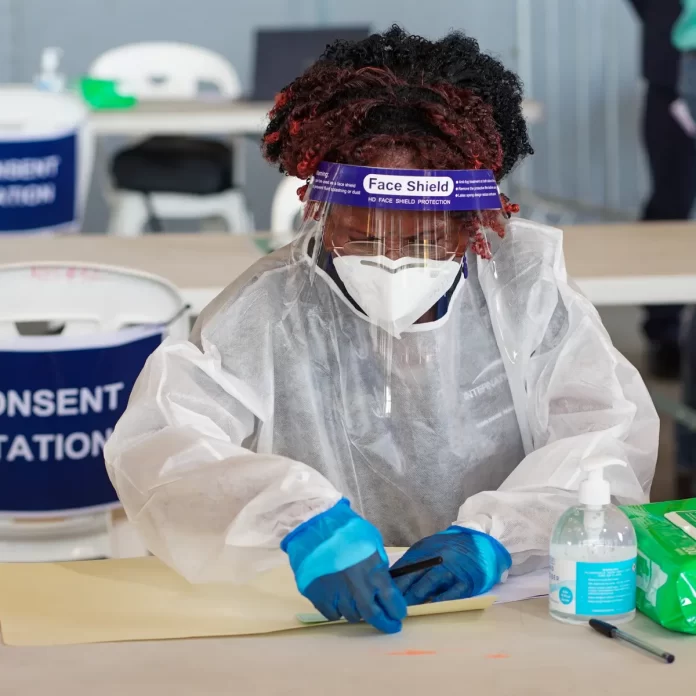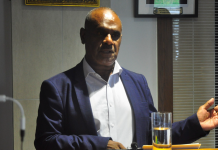Covid’s Delta strain is overwhelming Papua New Guinea’s fragile health system, forcing the closure of Port Moresby’s only public hospital to non-critical care and sparking emergency oxygen deliveries to the remote highlands.
Port Moresby General Hospital – where only 10 per cent of nurses are vaccinated – issued a bulletin this week announcing a “scaling down of services”, including the suspension of all elective surgery and GP consultations.
The hospital’s chief executive, Paki Molumi, said 61 percent of patients presenting at the hospital with flu-like symptoms were testing positive for Covid-19.
“The third (Delta) wave is hitting most parts of the country. This is the worst phase of the crisis,” Dr Molumi said.
With just 0.2 percent of PNG’s population currently vaccinated, the Delta strain of the virus is now spreading unchecked across the impoverished country, which is Australia’s nearest neighbour.
Earlier in the week, the Eastern Highlands Provincial Health Authority put out an emergency call for more oxygen supplies and 100 extra hospital beds, as it was swamped by Covid patients.
But with only 191,000 tests conducted nationally, the nation’s health authorities are unsure of the true extent of the crisis.
“We have a low rate of testing so we are not clear about the level of the pandemic,” Dr Molumi said.
“And also the vaccination rates are very low, and that has put healthcare providers under great stress. We cannot predict what numbers we will expect the next day, or the day after that.”
Dr Molumi said vaccine hesitancy was rampant, driven by social media disinformation.
“It’s not only the general public (who are hesitant), but the health workers as well,” he said.
“For our medical workers, 60-70 percent are vaccinated. But among our nurses the vaccination rate is less than 10 per cent.”
Australia this week delivered an additional 26,500 Covid vaccine jabs to PNG, lifting the nation’s vaccine donations to the country to 75,000.
Far more could have been supplied, but thousands of earlier donated jabs expired due to lack of demand in PNG.
The Minister for International Development and the Pacific, Zed Seselja, said Australia was doing everything it could to help, including bolstering clinical care capacity, testing and surveillance.
“We know PNG faces a steep challenge in addressing the current (Delta) outbreak, which is why we are providing our closest neighbour with wide-ranging support to strengthen their response,” Seselja said.
“Australia also provides comprehensive assistance to PNG to improve its health system for the long term, including staff training, new hospital infrastructure and equipment, and service delivery.”
Lowy Institute Pacific program director Jonathan Pryke said social media misinformation and logistics difficulties had created “a degree of complacency in the system”, where Covid was viewed as simply another health challenge to add to the myriad of others facing the country.
He said PNG’s health system was faltering under the weight of the Delta variant, and warned of longer-term consequences.
“In the medium term, an unchecked outbreak without acceptable levels of vaccination will make it more challenging for PNG to open up to the rest of the world, which will have significant economic and health implications,” he said.
“In the long-term, this would create a risk of mutations, something we already see in PNG’s western province with extreme drug-resistant tuberculosis,” he said.
SOURCE: THE AUSTRALIAN/PACNEWS


















